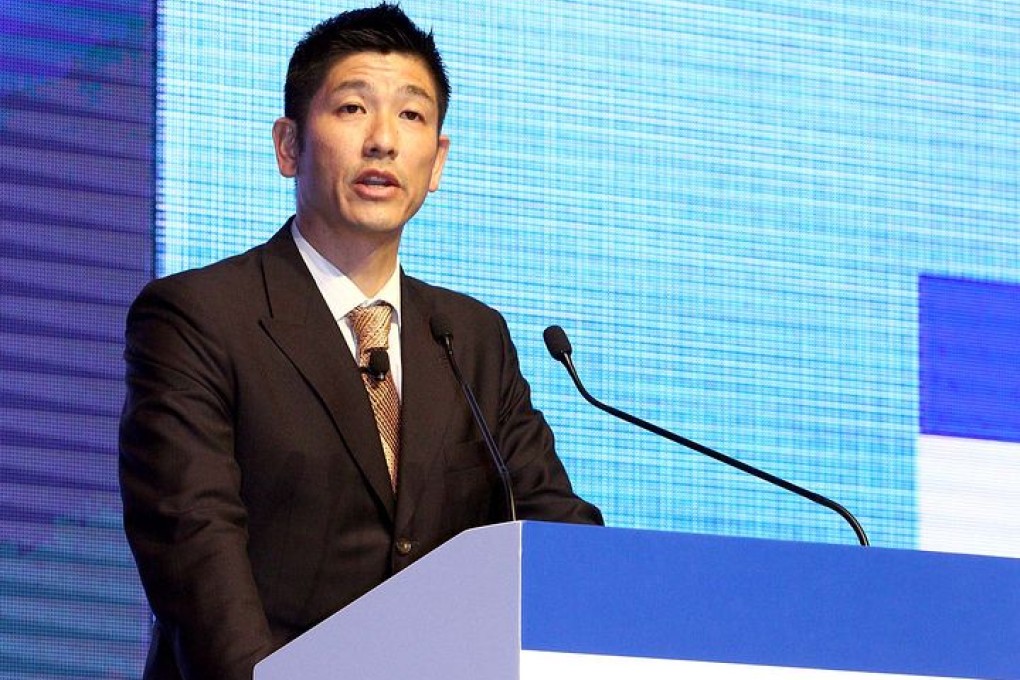Racing Authorities have the conviction to enforce stringent drug rules
Mr Louis Romanet, Chairman of the International Federation of Horseracing Authorities (IFHA) reaffirmed his organisation's commitment to horse welfare and medication control today, May 6, at the session titled ‘Fair Competition and Drug Control’ at the 35th Asian Racing Conference in Hong Kong.

Mr Louis Romanet, Chairman of the International Federation of Horseracing Authorities (IFHA) reaffirmed his organisation's commitment to horse welfare and medication control today, May 6, at the session titled ‘Fair Competition and Drug Control’ at the 35th Asian Racing Conference in Hong Kong.
Romanet spoke of the IFHA’s commitment to both issues during the session, which also featured a presentation from world sports medicine expert Dr Perikles Simon, under the heading 'Leveling the Doping Field'.
"The IFHA must be proactive. The integrity of racing and horse welfare are absolute priorities,” Romanet said before detailing two significant elements of IFHA policy which he said had been universally endorsed.
"The first is agreement on control of medications including international screening limits and detection times. The second is a commitment to the detection of doping agents and prohibited practices in and out of competition. The IFHA supports a total ban on raceday medication and bans on anabolic agents throughout a horse's career," Romanet said.
Delegates heard that it is vital to the credibility of horse racing that everything is done to keep the sport ‘clean’ and retain the confidence of its participants, its fans and, crucially for racing’s finances, those who wager on horseracing - while noting that racing is far from the only sport facing this issue.
Dr Simon, from Johannes Gutenberg University in Germany, is a sports medicine and molecular biologist who is at the cutting edge of the fight against doping in sport. He was one of the original seven-member ‘Gene Doping’ group of experts within the World Anti-Doping Agency (WADA), charged with developing strategies for the prevention and detection of non-therapeutic use of gene protein in sport.